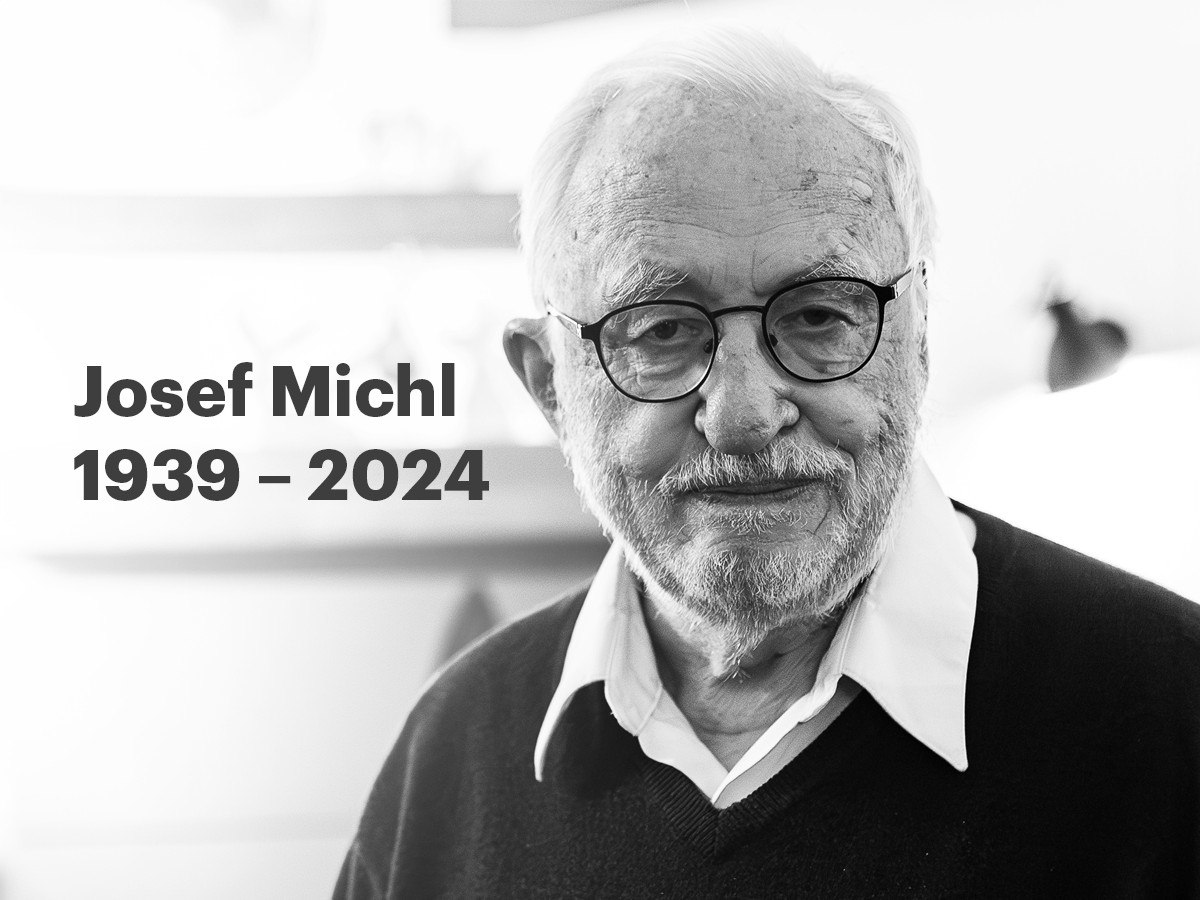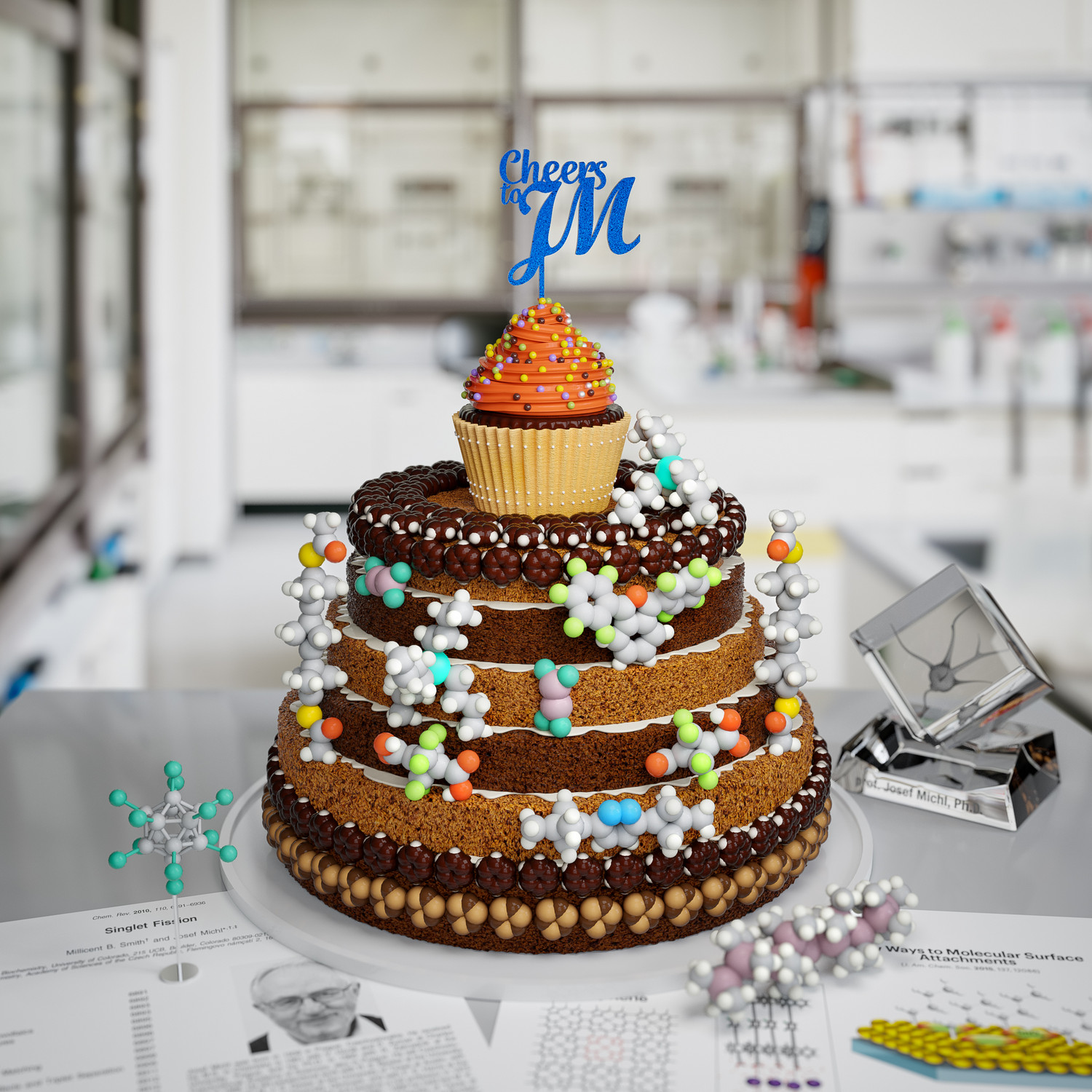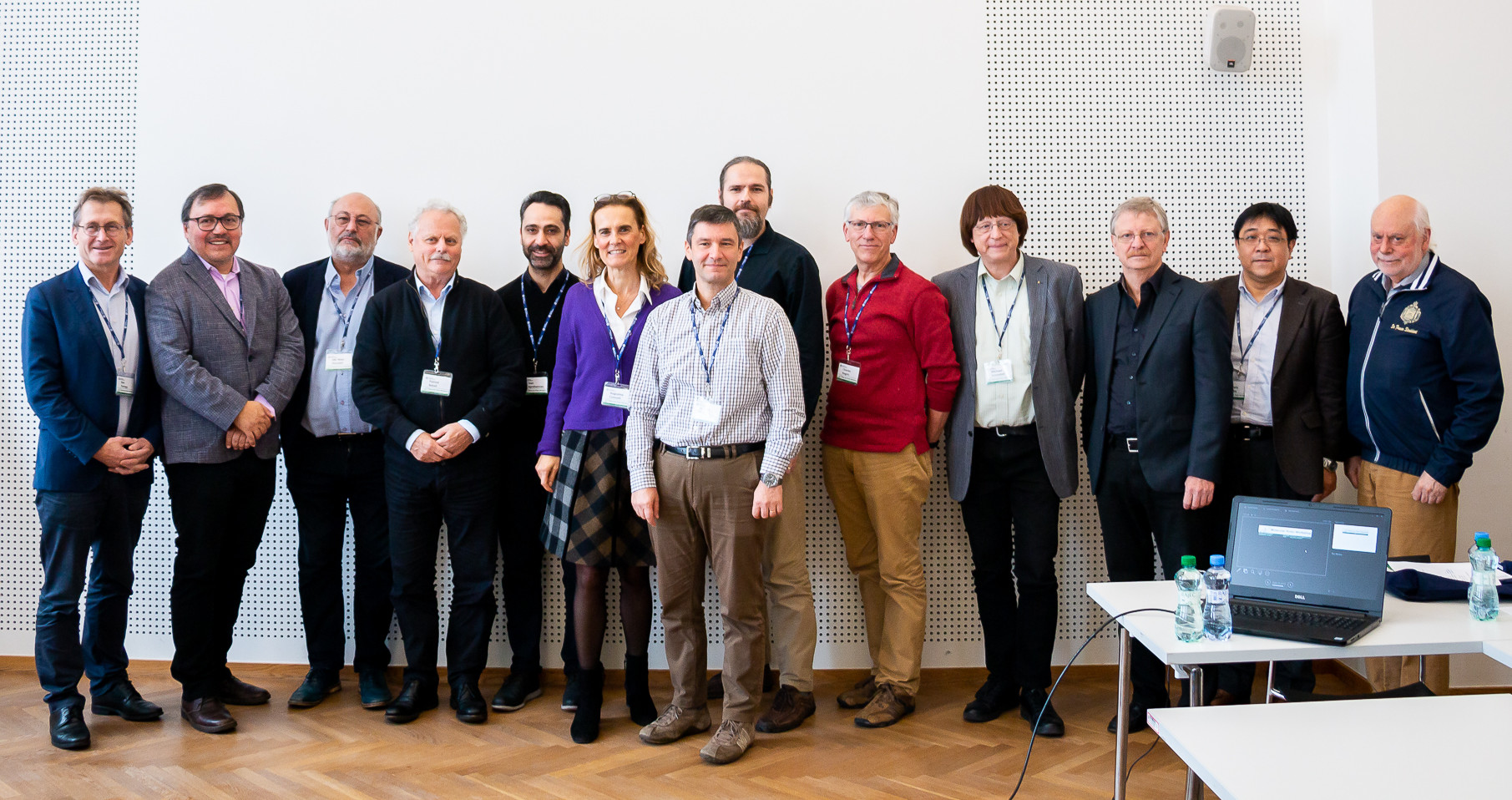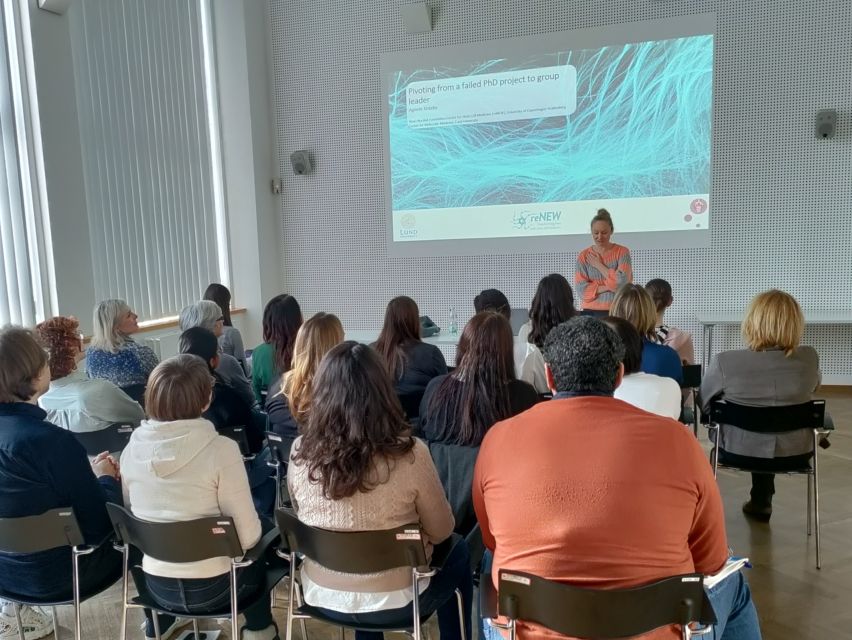
It is with profound sadness that IOCB Prague announces the sudden passing of Prof. Josef Michl, a globally esteemed Czech chemist, on Monday, 13 May, at the age of 85. Prof. Michl led research groups at IOCB Prague and, since 1991, at the University of Colorado in Boulder (USA).
Prof. Josef Michl, Ph.D. (12 March 1939 in Prague – 13 May 2024 in Prague), was a distinguished figure in the field of chemistry with an extremely wide range of professional interests in which he achieved significant results and worldwide renown. He excelled as both a theoretician and an experimentalist, devoted, among other things, to macromolecular chemistry, photochemistry, molecular electronics, research towards the development of efficient solar cells, and the creation of molecular "building blocks" enabling, for example, the creation of nanorotors and nanomotors.
"He was one of the few true geniuses I have had the honor to meet,” says Prof. Jan Konvalinka, director of the Institute of Organic Chemistry and Biochemistry of the CAS (IOCB Prague). “He mastered several world languages, had extensive knowledge of history and culture, and a deep understanding of the natural sciences. The science he did was not only brilliant but also beautiful, playful, and witty. Besides that, and above all, he was a kind and generous man. We will miss him dearly."
Dr. Zdeněk Havlas, Vice President of the Czech Academy of Sciences and a long-time friend and colleague of Josef Michl, responded to the news of his passing: "The passing of Prof. Michl is a great loss both professionally and personally. He knew everything there was to know about chemistry and science in general. It was a joy to discuss with him. For the past 20 years, I traveled to Boulder annually for a month, not because of a lack of computing technology, but for discussions about work and life in general. This often took place while enjoying a plum cake, which he loved and which I baked for him at their home."
Josef Michl studied chemistry at the Faculty of Science of Charles University and completed his dissertation under the supervision of quantum chemist Rudolf Zahradník at the Institute of Physical Chemistry of the Czechoslovak Academy of Sciences. He earned his doctorate in 1965 and subsequently worked at the Universities of Houston and Austin. After a brief return to Czechoslovakia, he attended a summer school in quantum chemistry in Norway in 1968, from which he did not return following the Warsaw Pact invasion of Czechoslovakia in August 1968. He then served as an assistant professor in Denmark before moving to the United States, where he held positions at the University of Utah in Salt Lake City and the University of Texas at Austin. In 1991, he joined the University of Colorado at Boulder, where he led a research group until his death. From 2006, he also worked at IOCB Prague, where he received the prestigious ERC Advanced Grant in 2009. In 1986, he was elected to the National Academy of Sciences of the United States, and in 1988, he became a member of the International Academy of Quantum Molecular Science and served as its president from 2012 to 2018. In 1995, he became a member of the Learned Society of the Czech Republic. In 1999, he was elected to the American Academy of Arts and Sciences. He authored over 600 scientific papers, several books, and numerous patents.
Throughout his illustrious career, Josef Michl received many prestigious awards, including the Alexander von Humboldt Award (1980), the Schrödinger Medal (1993), the Hammond Award (2015), the Neuron Award for Contribution to World Science (2016), the Medal of the Learned Society of the Czech Republic for Merit in the Development of Science (2019), and others. He also received honorary doctorates from Georgetown University, Washington DC (USA), the University of Pardubice, and Masaryk University (Czech Republic).







